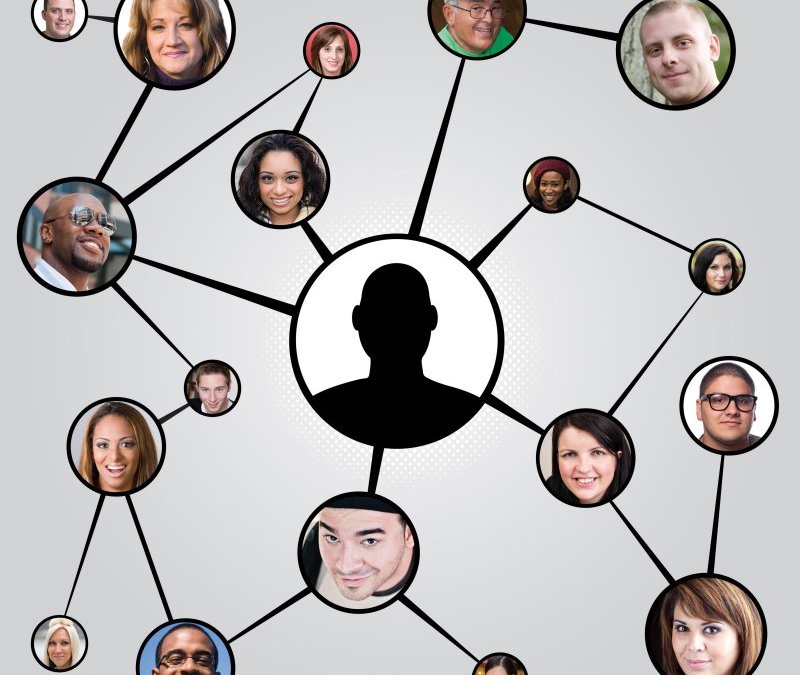Focus on quality.
When it comes to effective networking, the focus should be on quality of contacts over quantity. Gathering as many email addresses and phone numbers as possible won’t help if none of those people can benefit your business. And let’s face it – you only have so much time to devote to networking, right? So make sure you’re placing yourself in situations where you’ll be around the people who matter.
Think people, not positions.
One of the biggest mistakes people make when they try to network is they focus on an individual’s title rather than who they are as a person. It’s not about connecting with as many CEOs as possible. It’s about looking for influencers – people who are intelligent, ambitious and intriguing. Sure, some of these may be in high-ranking positions, but that’s not what will make the relationship worthwhile.
Follow up appropriately.
As you develop your network of contacts, separate the group into the “critical few” – that is, the top 10 or 20 individuals who you feel can truly add value to your career or your company. Make it a point to stay in touch and get to know this group much more intimately. For the rest of the list, your follow up should exist, but be less intense – perhaps just sending out a monthly or quarterly newsletter.
Be smart.
There are only so many hours in the day, which is another reason it’s so important to segregate your list of contacts by priority. It’s simply not feasible to reach out personally to every person on your contact list, so save the niceties for your “critical few” and employ the use of technology for the rest. For instance, automated mailings can save you time while allowing you to still stay in touch with your extended network.
Don’t make it all about you.
Perhaps this should have been put at the top of the list because it’s so important. Networking should never be one-sided. Instead, look at it as the opportunity to develop mutually beneficial relationships in which there is a give and take. Sometimes you’ll reach out to them for help, but be sure you’re also there when they need assistance as well.
Invest before you ask.
Finally, effective networking should be about making an investment in the contacts you have. Be generous. Offer to help. Stay in touch and show genuine interest. These things will help you develop and nurture more meaningful relationships. Only then should you consider asking for something in return.
What did we miss? What’s the ‘golden rule’ of networking in your book? Please share in the comments section below!

